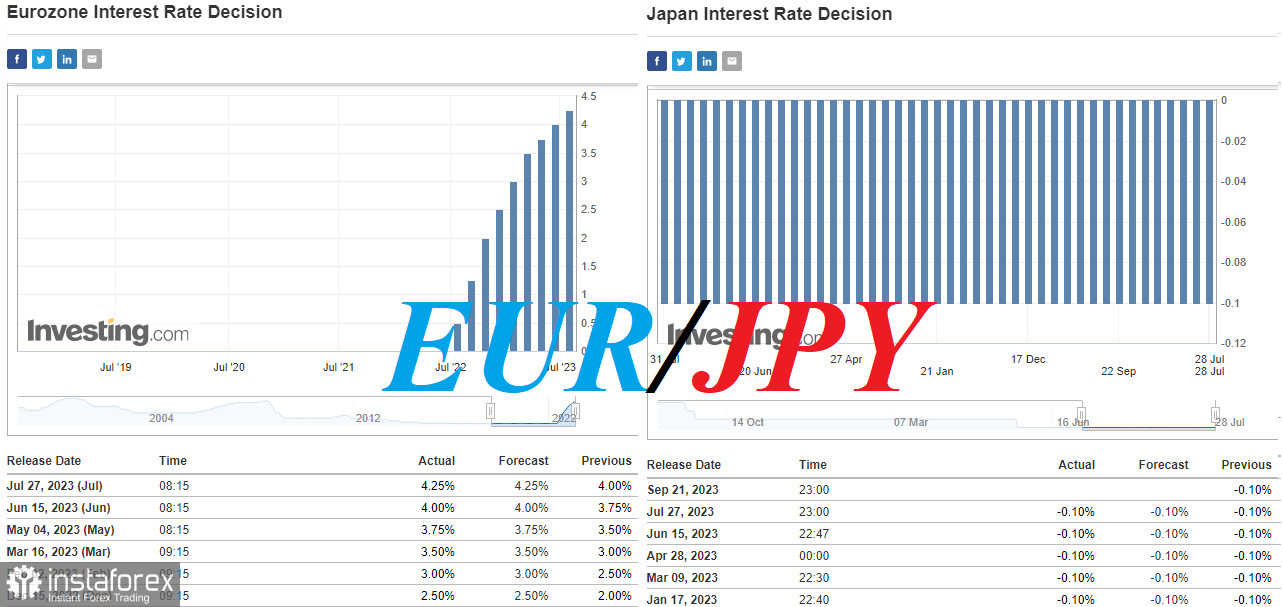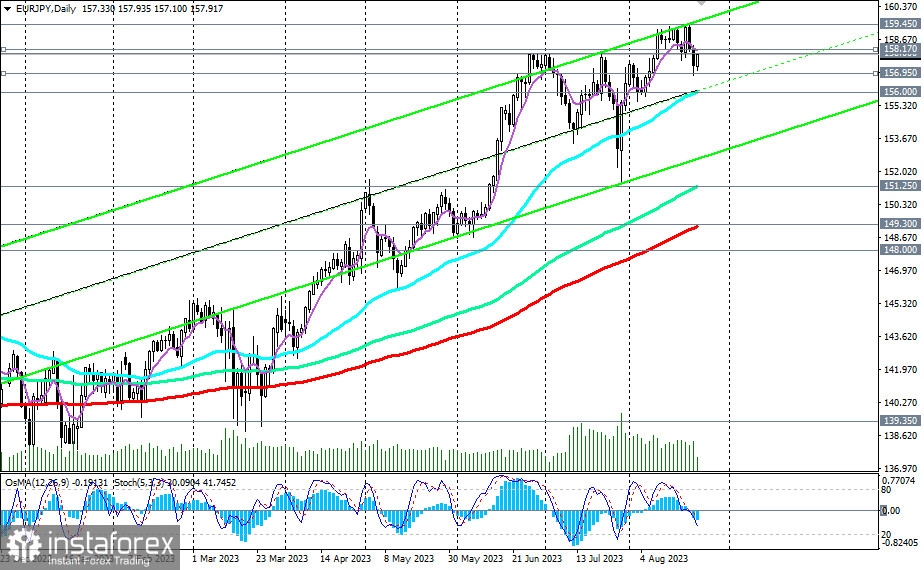
Since January 2016, the Bank of Japan has maintained interest rates in negative territory and implemented an ultra-loose monetary policy for roughly the last 30 years.
Despite inflationary trends, the Bank of Japan's leadership seems to require more concrete signals of sustained inflation growth above the 2% target level before considering a shift to tighter policy.
In his first meeting in April 2023, the head of the Bank of Japan, Kazuo Ueda, stated that significant policy changes are unlikely in the near future.
Ueda believes "there's still a long way to go before reaching the inflation target of 2%, and there is a need to patiently continue easing monetary policy to support the economy."
Market participants watching the yen's dynamics are waiting for the release (at 23:30 GMT) of consumer price indices in the Tokyo region. Since Tokyo is Japan's most populous city, economists consider this data, published a month earlier than the national consumer price index, the most crucial indicator of consumer inflation. If the data turns out worse than forecasted and previous values, it will bolster arguments in favor of maintaining the ultra-loose monetary policy of the Japanese Central Bank, and the yen will likely depreciate.
Data on inflation in the eurozone published last Friday showed a slowdown in the annual Consumer Price Index (CPI) in July to +5.3%, down from +5.5% the previous month. However, despite the emerging trend of declining inflation, the European Central Bank's target level of 2% is still far off.
Economists believe that the ECB will increase the interest rate at least once more this year to 4.50% and, in the foreseeable future, is likely to maintain it at relatively high levels. This will undoubtedly be a positive factor for the euro, especially in the EUR/JPY pair.

The pair continues its upward trajectory, primarily due to the divergence in monetary policies of the ECB and the Bank of Japan. In this case, it also holds interest for long-term investors who use the carry-trade strategy and prefer low risk. In our opinion, breaking the recent high of 159.45 may trigger further growth.
Also, recall that the annual economic symposium in Jackson Hole begins today. It will feature speeches from the heads and representatives of leading global central banks and economists. On Friday, Federal Reserve Chairman Jerome Powell will give a speech at 14:05 GMT, followed by ECB President Christine Lagarde at 20:00 GMT. Market participants will be keenly attentive to their addresses, trying to gain a clearer understanding of the monetary policy outlooks for the Federal Reserve and the ECB.





















